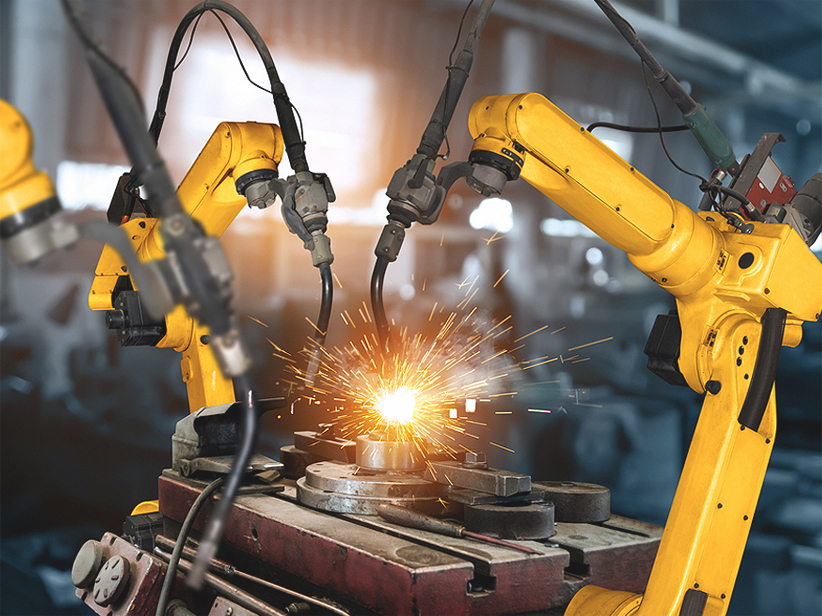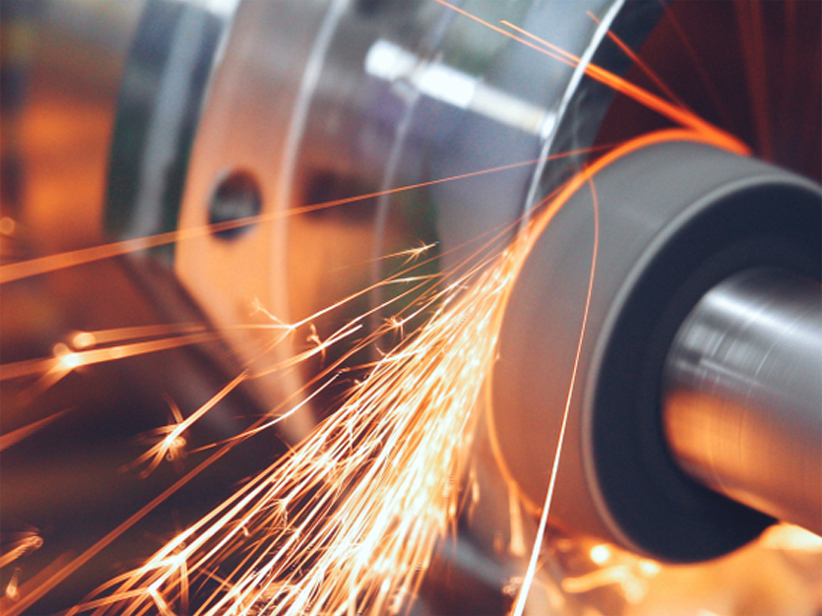Stainless Steel Bars For Ortho & Surgical Applications
Stainless steel is widely used in construction, manufacturing, and medical devices. Stainless steel products typically require thorough quality control checklists to be used for healthcare purposes. Due to its antimicrobial properties, stainless steel proves itself in hospital environments with strict sanitation and cleanliness practices. Additionally, the industry typically entrusts surgical stainless steel with cleansers and antimicrobials embodied within its construction, so the amount of electrical poisoning risk is set to a minimum.
Stainless steel is well known for its corrosion resistance, which helps prevent small infections. In the medical industry, rust equipment is dangerous to patients and can cause serious health problems. Stainless steel solves this problem very well.
Stainless steel is a versatile product used in many different industries. Its durability functions well for space activities such as construction, automobiles, aerospace, civil engineering, and even the chemical industry. The medical industry is not an exception either– equipment created from it can be used reliably in medicine. Examples of stainless steel products are cradles, beds, wheelchairs, etc.
One might think Stainless Steel can’t have any antimicrobial properties. However, many sanitization solutions are available when you need to sterilize easily. Notable examples of such equipment include Loops, Scissors, Serrated Needles, and surgical grinders.
For broken ankles, feet, and arms, doctors use stainless steel as an implant in the form of pins, screws, and rods to heal the injury better.
Due to its low cost and comparatively high performance, an alternative to titanium stainless steel is used in various dental industry forms.
precipitation hardening martensitic stainless steel. Used where high strength and toughness are required. The heat treatment process can manipulate strength and toughness. Well suited for manufacturing Surgical instruments.
Non-magnetic stainless steel contains chromium from 15% to 20%, nickel from 2% to 11%, and a maximum carbon of 0.08%.
Lowe carbon variant of grade 304 contains chromium from 18% to 20% and nickel from 8% to 12%, maximum carbon of 0.03%. Fusion and resistance welding processes can weld it.
It is of secondary importance after grade 304 in austenitic stainless steels containing nickel from 10% to 14%, chromium from 16% to 18%, maximum carbon of 0.03%, and Molybdenum from 2% to 3 %.
It is general-purpose stainless steel containing chromium from 11.50% to 13.50% and a maximum of 0.15% carbon.
High-carbon steel with a minimum chromium content can be hardened with a heat process. Contains chromium from 12% to 14% and a minimum of 0.15% carbon.
Stainless Steel Equipments In the medical industry
- Hospital beds
- Wheelchairs
- Walkers
- IV stands
- Surgical equipment such as scalpels
- Precision stainless steel tubing
- Orthopedic implants (Predominantly 316 / 316L)
- Artificial heart valves (Predominantly 316 / 316L)
- Bone fixation
- Mandrels/tools
- Chemical containers / Hazardous waste containers
- Wires
- Wire coils
- Wire forms
- Specialty guide wires
- Curettes
- Screws/prostheses / plates
- Medical needles
- Medical syringes
- Sensor probes
- Catheters
- Otolaryngology ear scope nozzles
- Sinks/bowls /surfaces/trays/knives







